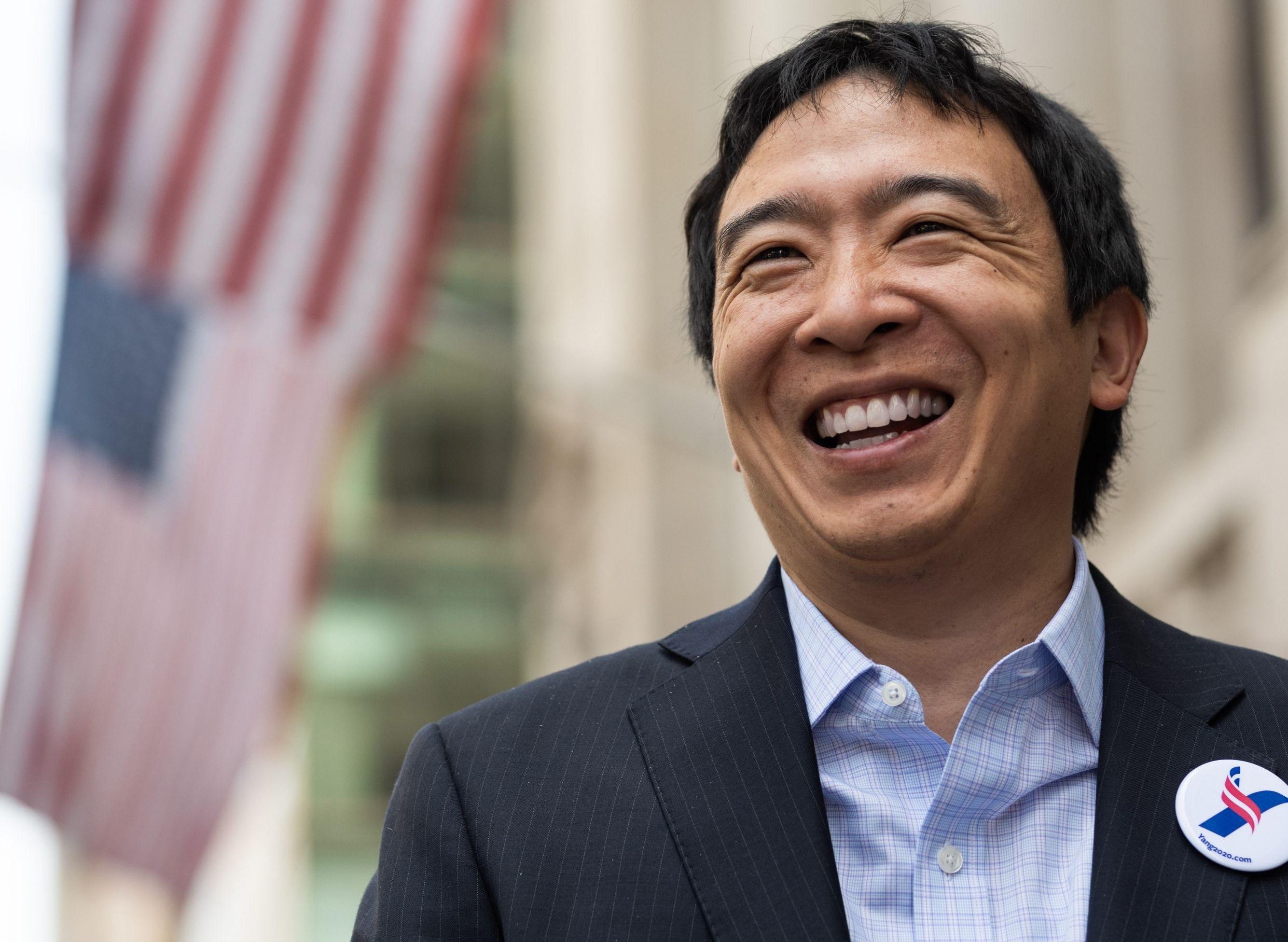


NextView Partners Discuss the State of the Market In a Covid-19 World
Last week we held a virtual “Lunch and Learn” with Melody and Lee where they had a discussion about what they’re seeing in the market in a covid-19 world, made some predictions about where we are headed in the next couple of weeks to months, and took some questions about the state of VC funding.
The session was recorded, and you can view it here:
But below is the TLDR highlights of the discussion.
What is the VC funding environment like right now?
There are a lot of opinions floating around out there, but based on what we are experiencing, the VC ecosystem is not closed for business. Here at NextView, we’re not only “open for business”, but actively working on and looking for new investments. That being said, it’s important to note that like us, most VCs are working very closely with their portfolio companies right now. Their focus is on talking to founders to understand what their specific business needs are in the immediate future and the coming months.
VCs are doing portfolio level reviews to see what’s going on across all of their different companies to see which ones are going to be facing significant impacts in terms of headwinds to their businesses or any other kinds of disruptions from the Coronavirus environment. Looking at funding levels across the board, VC’s are assessing conviction around companies and looking at the reserves in terms of where they are going to be able to deploy additional capital to support companies vs. where they might be pulling back. All of this is happening in real time for everybody in the VC ecosystem right now.
Our best guess would be that you do start to see some decline in the size and velocity of VC rounds starting in Q2. It wouldn’t be surprising if that continues in Q3, regardless of whether we’re starting to see some normalization, or a new normal of being on an economic lockdown. We’re likely to see more of a V-shape recovery from this crisis.
Raising A New Round During A Pandemic
There are three types of companies broadly defined.
- Company A didn’t really plan to raise in 2020 and they have plenty of runway into 2021. Those companies are the ones that we don’t really worry about and are in the best position that you can be in as a founder right now.
- Company B wanted to raise capital in 2020. Maybe they were planning to go out now or potentially in the fall, and many of these companies are reassessing. If a company can avoid raising money right now, we advise them to put fundraising on pause for now.
- Company C must raise in the calendar year. This is a tricky spot to be in right now, but obviously we’re going to work with the company to come up with a plan and think through options.
Even for companies that have strong underlying businesses and potentially even having tailwind given the environment, they are still aggressively conserving their runway and being really conservative about burn and staffing.
Funding A New Company Without Having Met In Person
The process of getting to know a new team and getting to know a startup is just different when all you can do is talk through Zoom. It doesn’t mean that we won’t invest in companies without meeting people face to face, but it does mean that we’re adapting our investment process and decision-making to continue pursuing new opportunities in this slightly different work environment that we have. Every investor you talk to is doing their best to try to get to the point of conviction. As a result, you might have to do things that might not be what you usually have to do to help the investor get there.
Especially in this environment, we would strongly encourage sharing your deck or some other materials beforehand. Every founder has their own style and some folks prefer to have conversational meetings without a deck. Some founders prefer to have a deck but not to share it upfront and just walk through the materials live.
We defer to every entrepreneur’s personal style and how they like to present themselves in their business, to each their own, but now more than ever, it is helpful to investors if you can share information before a meeting. That way, when you’re talking to them on Zoom, it’s not them trying to focus on what’s happening in the slide that you might be sharing or the demo that you’re doing, but they can actually try to make some kind of human connection via a video conference. It just arms the investor to be more prepared and more informed about what you’re doing and who you are.
Another thing to think about is approaching investors you already have had interactions with. Founders are probably going to have an easier time with investors that they have had the opportunity to build a relationship with. It’s only human that it’s easier and faster to build conviction about something if you have some prior context about the founder or the business. If you can get a warm intro to an investor, that would be a huge help too. Spend a little more time figuring out who can be a strong endorser of yours.
So, if you’re going out to raise funding now, it doesn’t mean ‘don’t go pitch people you’ve never met before’.
There are no magic tricks or silver bullets to getting to know people and presenting information over Zoom. Don’t forget that the investor on the other side of the Zoom is a human being too. They’re likely dealing with all of the same things that you’re dealing with in terms of their work style, their family, and their concerns about broader society. The more empathy and understanding around the table right now, the better.
How to Think about Hiring
The advice we’ve given to founders has been, keep using this time to build a pipeline of candidates and having those virtual coffee chats. Because when things get back to normal, you immediately have a warm top-of-the-funnel that you can go after.
One challenge here for seed and early stage companies is that candidates are probably going to be slightly more risk averse during times like this.
The Future of Venture Capital
We’ll likely see a VC ecosystem that is smaller in the coming two to four years than it was in the most recent two to three years. Whether you measure that in terms of the size of any particular fund, or the total number of VC funds, it’s almost impossible to go through a macro economic and financial shock of the scale that we’re going through and not see a downsize.
We’re going to see less of an abundance of capital. Massive bull markets in the public equity markets in recent years translated to very bullish markets in the private VC markets, which translated to really big rounds and really high valuations. It translated into FOMO thinking by many people across the ecosystem. It’s unlikely we’re going to go back to that and see as many hundred million dollar rounds, $500 million rounds, and very heady evaluations going forward.





